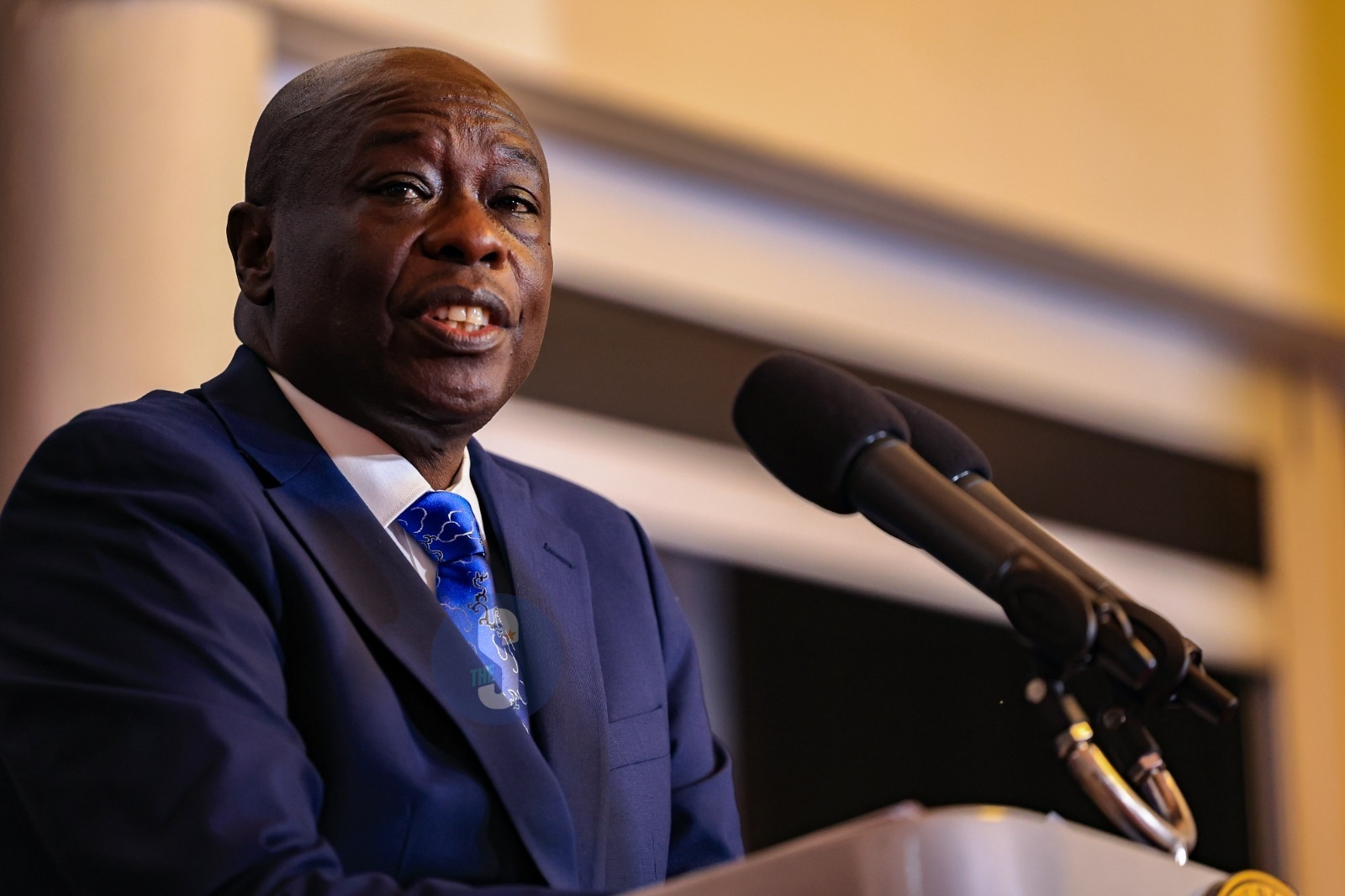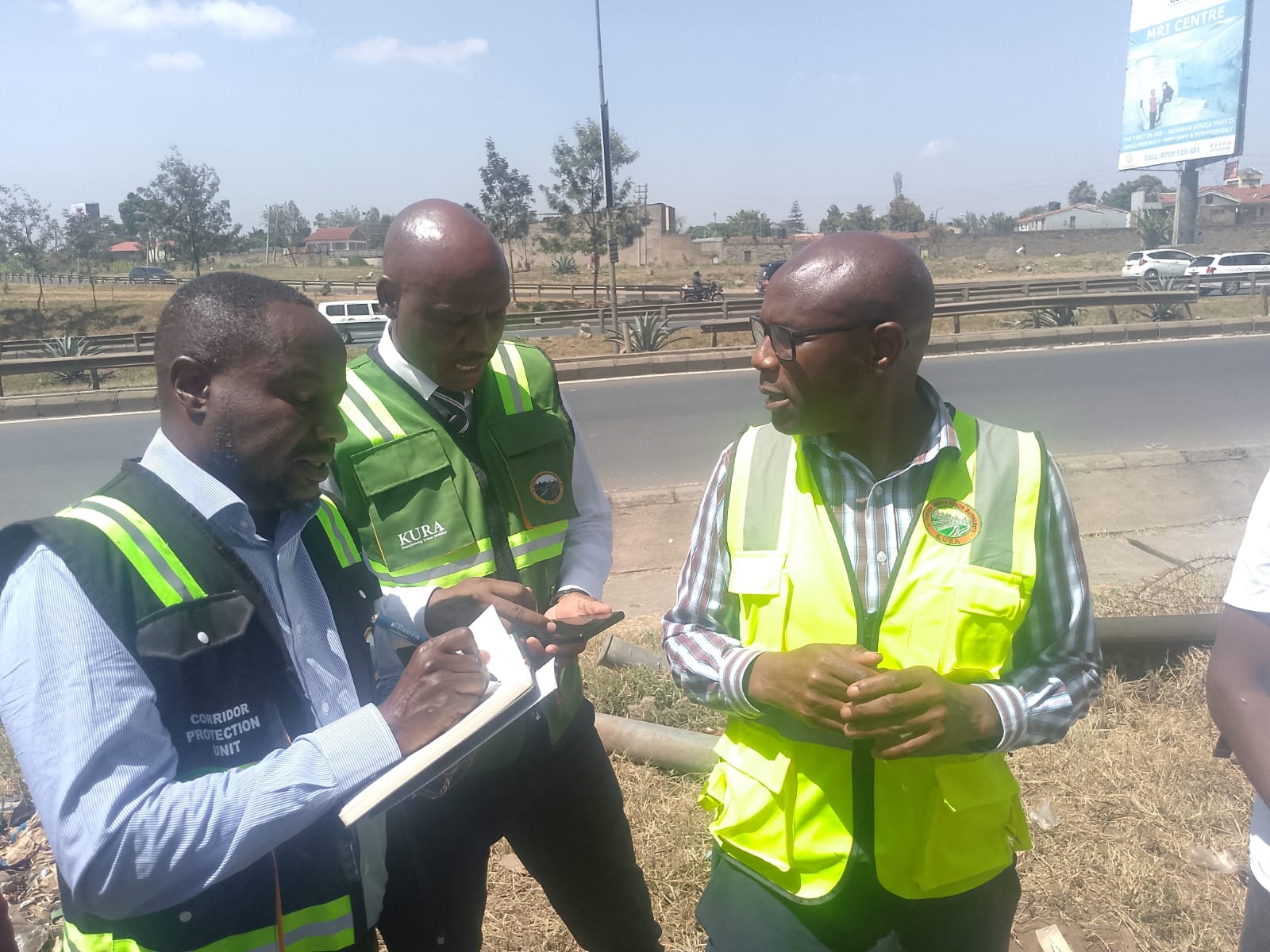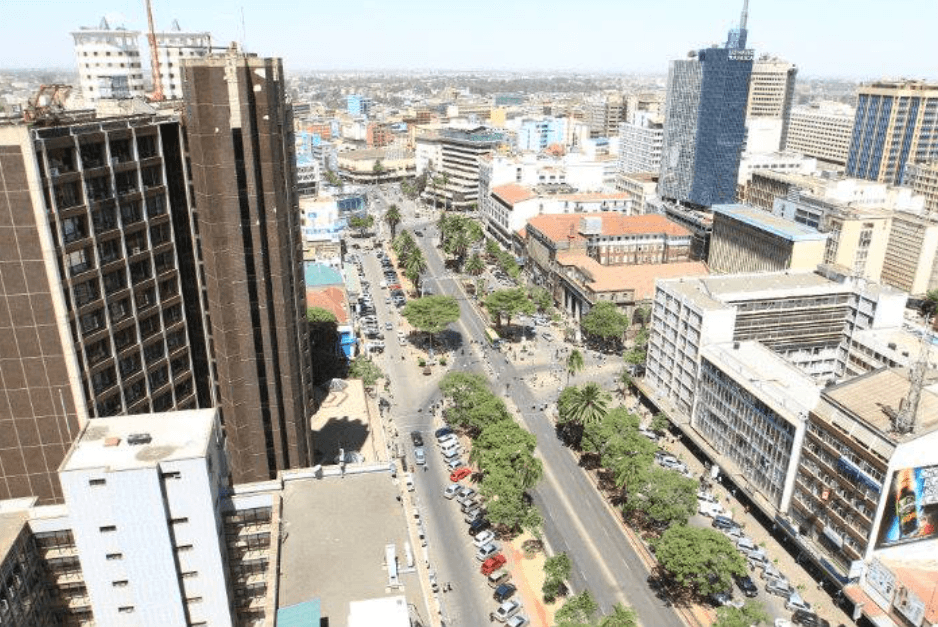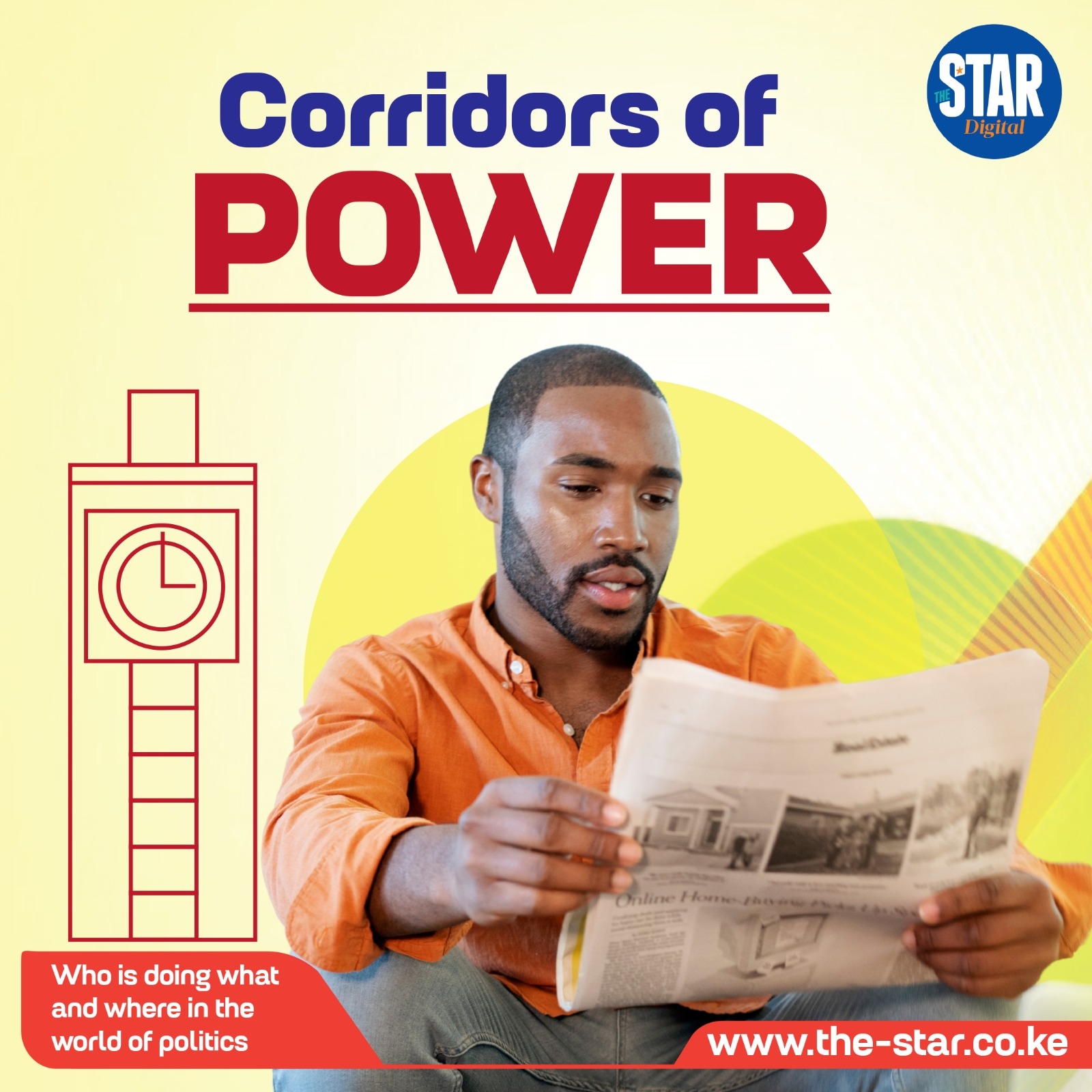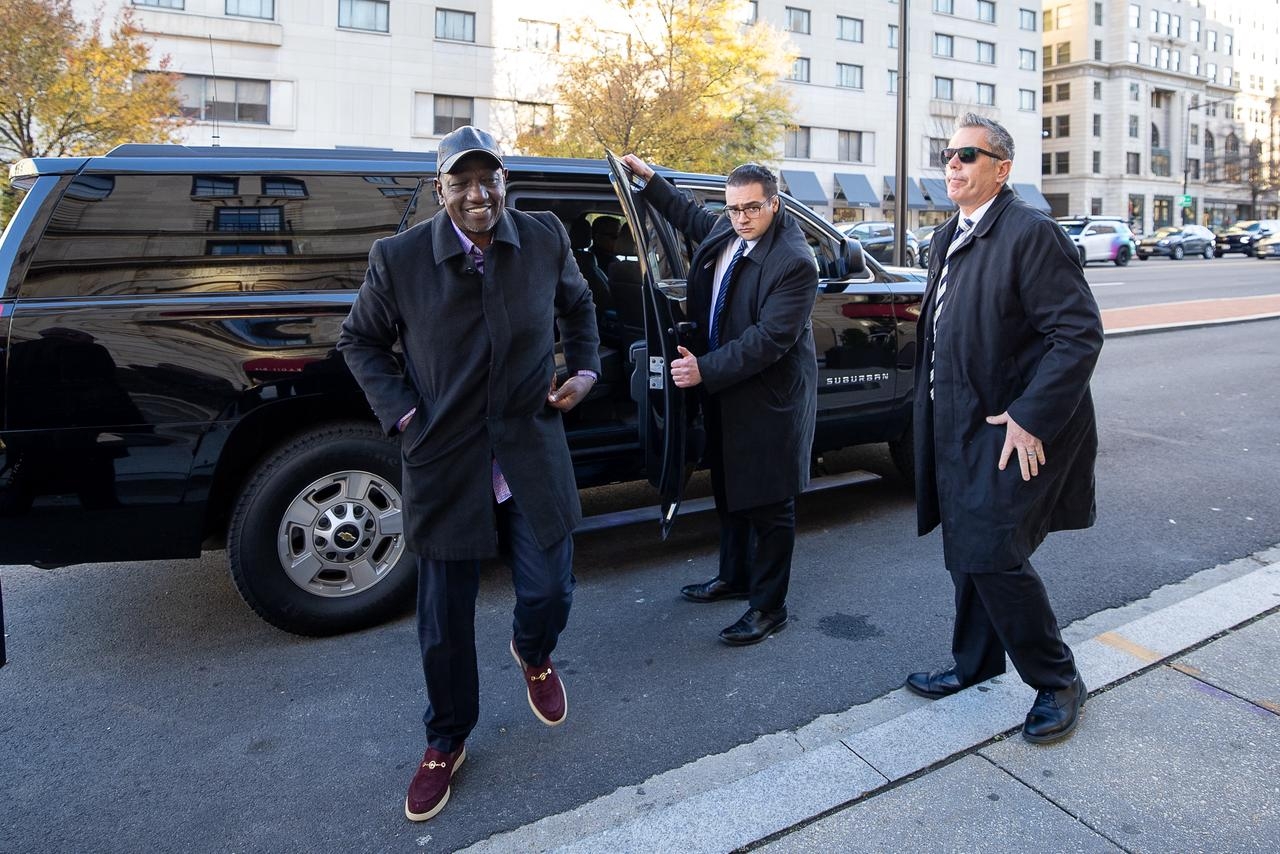The Ministry of Health is gearing up for another round of oral polio vaccination drive.
The extensive polio campaign is scheduled to run from October 7 to October 11, targeting 3.1 million people in 10 high-risk counties.
They include Nairobi, Machakos, Kiambu, Kajiado, Garissa, Kitui, Mandera, Wajir, Tana River and Lamu.
The campaign will be conducted by the ministry in collaboration with Global Polio Eradication Initiative partners.
Various teams including officials from the national and county governments have been trained ahead of the campaign which seeks to eradicate the disease from the country.
The goal is to ensure that all children under the age of five years in the 10 high-risk regions receive the life-saving polio vaccine.
“Our teams are actively conducting training sessions across the counties as we prepare for the nOPV2 Supplemental Immunization Activity (SIA) Campaign,” the ministry said in a statement.
The nOPV2 is a novel oral poliomyelitis (polio) vaccine type 2 (nOPV2) which was developed to address the evolving risk of circulating vaccine-derived poliovirus type 2 (cVDPV2).
“The health workers are actively participating in intensive training sessions, preparing themselves to lead the fight against polio,” the ministry said.
This comes after the first round was conducted in August in four counties targeting Nairobi, Kiambu, Garissa and Kajiado counties after cases of vaccine-derived poliovirus in Garissa.
The World Health Organisation has previously warned that the risk of vaccine-derived polio in Kenya remains high.
“WHO assesses the overall risk at the national level to be high due to the overcrowded living conditions in the refugee camp, high rate of malnutrition, poor water and sanitation facilities, mass and frequent population movements with Somalia,” WHO said.
It also noted there was an influx of new arrivals to the refugee camp. Other factors were the late identification of the newly arrived children and the high prevalence of unvaccinated dose children among the new arrivals.
The vaccine-derived poliovirus is a mutated strain of the poliovirus originally present in the oral polio vaccine. In rare instances, the virus can genetically change and spread in under-immunised communities with poor hygiene and sanitation.
Polio is a highly infectious disease that largely affects children under five years of age, causing permanent paralysis or death.
The virus is transmitted from person to person, mainly through the faeces or through contaminated water or food and multiplies in the intestine, from where it can invade the nervous system and cause paralysis.
The incubation period is usually seven to 10 days but can range from four to 35 days.
The WHO says that up to 90 per cent of those infected are either asymptomatic or experience mild symptoms and the disease usually goes unrecognized.




